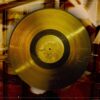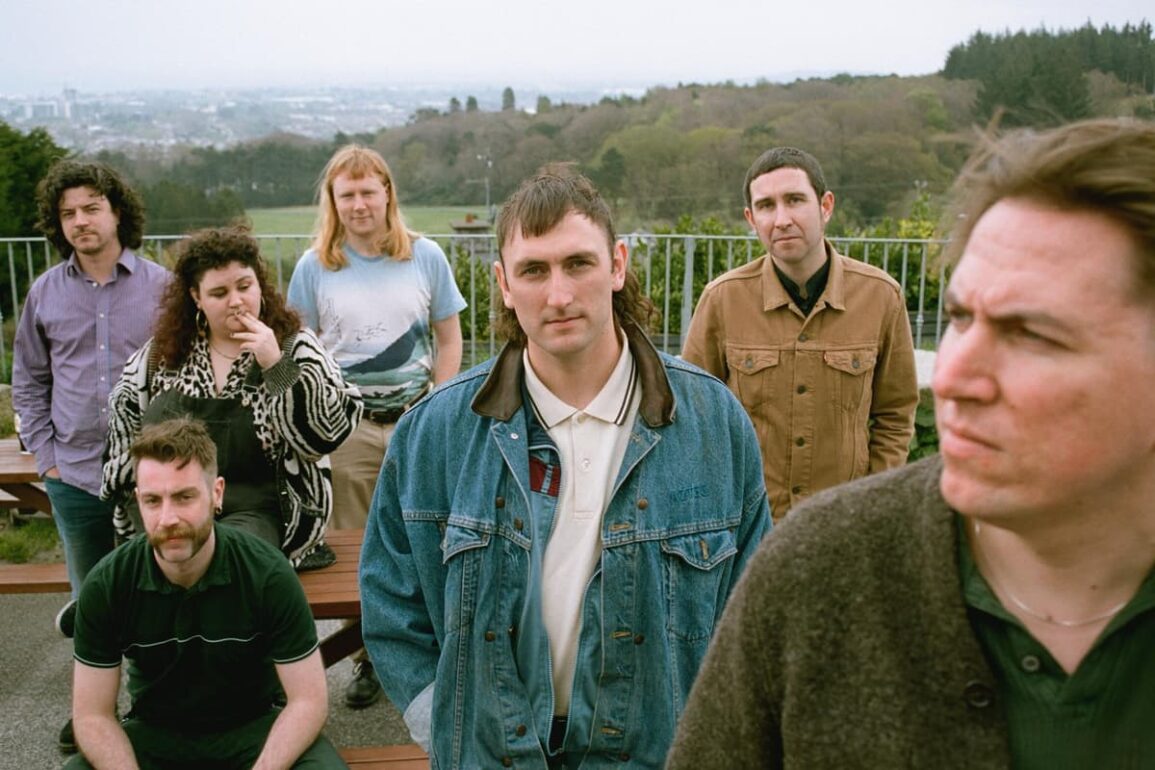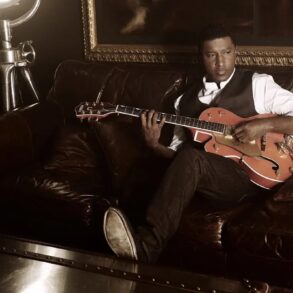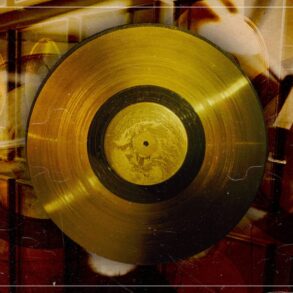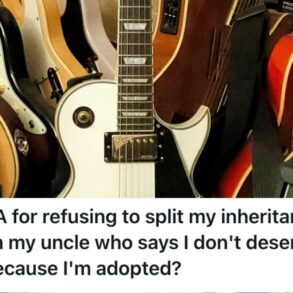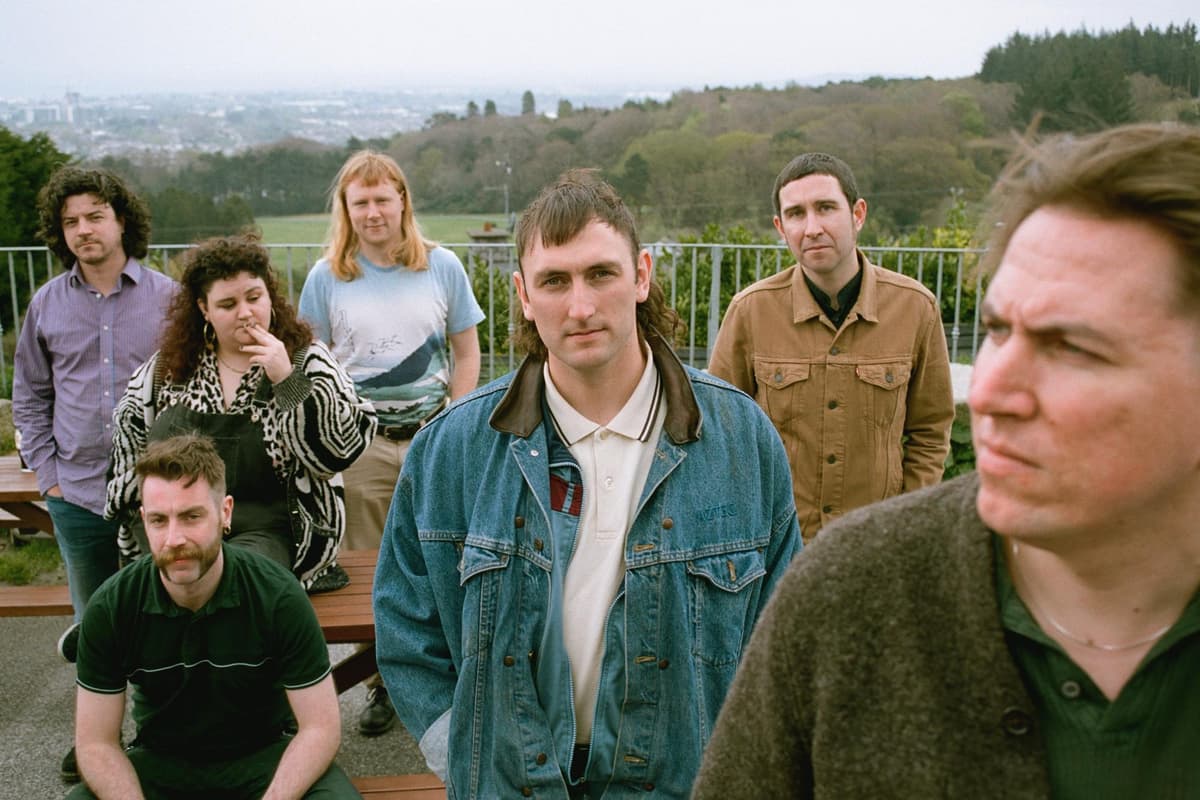
“The fact that it’s pretty much unchanged as far as I know is pretty amazing. That’s what makes an institution I suppose. It’s in a great part of Glasgow as well, we love Glasgow.”
Watch more of our videos on Shots!
and live on Freeview channel 276
Selling out Glasgow’s Barrowland Ballroom is no nonchalant event, and The Mary Wallopers – a seven piece folk-punk band hailing from Dundalk in Ireland – have done it not once, but twice this year. As one of the most booked acts of 2023 the group have somewhat revolutionised traditional music and how it is represented and perceived by the mainstream, reigniting and regenerating a taste for what is perhaps the most ancient musical genre. Singing old tales about ordinary people to simple themes of love and loss, happiness and sadness, the Wallopers have never failed to lift the spirits of their audience inside the much celebrated East End venue.
Ahead of their gig on 16 December, we caught up with some of the band inside the Barrowland’s dressing room.
Speaking on the Glasgow Barrowlands, frontman Charles Hendy, said: “It’s a legendary place. Hearing Christy Moore talking about it and then when you go in the back stage and see all the posters like The Cramps playing here, and the fact that it’s pretty much unchanged as far as I know is pretty amazing. That’s what makes an institution I suppose. It’s in a great part of Glasgow as well, we love Glasgow.
“Ron Clark and Carl MacDougall wrote it. Actually, last time we played here one of them had passed away just two weeks previous to that. I don’t know which one of them it was now because I can’t remember, but they wrote that. I believe someone from Belfast also put a few lines in it and it was made popular by Hamish Imlach and it’s pretty much just about this area so we were singing it earlier in the markets which was good.”
Seán McKenna said: “There’s a lot of traditional songs that’s always the way it’s been some are hundreds of years old. A lot of them came from other songs and they just changed over time, where they were never written down but passed by word of mouth or by performances and other musicians learning them from live performances, they kind of evolve over time anyway. Folk music is just how people can play the songs, the way they’re able too.”
Finnian O’Connor said: “I suppose it’s a different style the lads have stomped on and brought their own into the folk scene and the punk scene and Irish rock n roll.”
When questioned on what folk music is, how they perceive its meaning, Charles said: “Folk music is the people’s music. No less than hip-hop or punk is, or any music that we’ve ever like actually. Any music I’ve ever been interested in is just honest stories about ordinary people. Honest to Jesus music.”
Finnian said: “There’s more character in that kind of music because they’re more stories from it. If someone plays a tune perfectly it’s kind of boring – it’s bland. But if you see a guy with one eye playing a tune with the fiddle it’s more interesting.”
Ken Mooney said: “Yeah, I think we like music that’s a bit more rough around the edges.”
Charles: “Yeah, then we can get away with playing whatever we want. We don’t actually have to be that good. It’s meant to be bad.
Seán: “The subject of the songs is always going to be people experiencing life and death and love and hate and things like that, that everyone can relate to.”
When the band were asked what they think of Glasgow, Charles said: “The characters. It has a rawness to it that’s not unlike the places we’ve come from. We love it.”
Róisín Barrett said: “It feels like home.”
This post was originally published on this site be sure to check out more of their content



